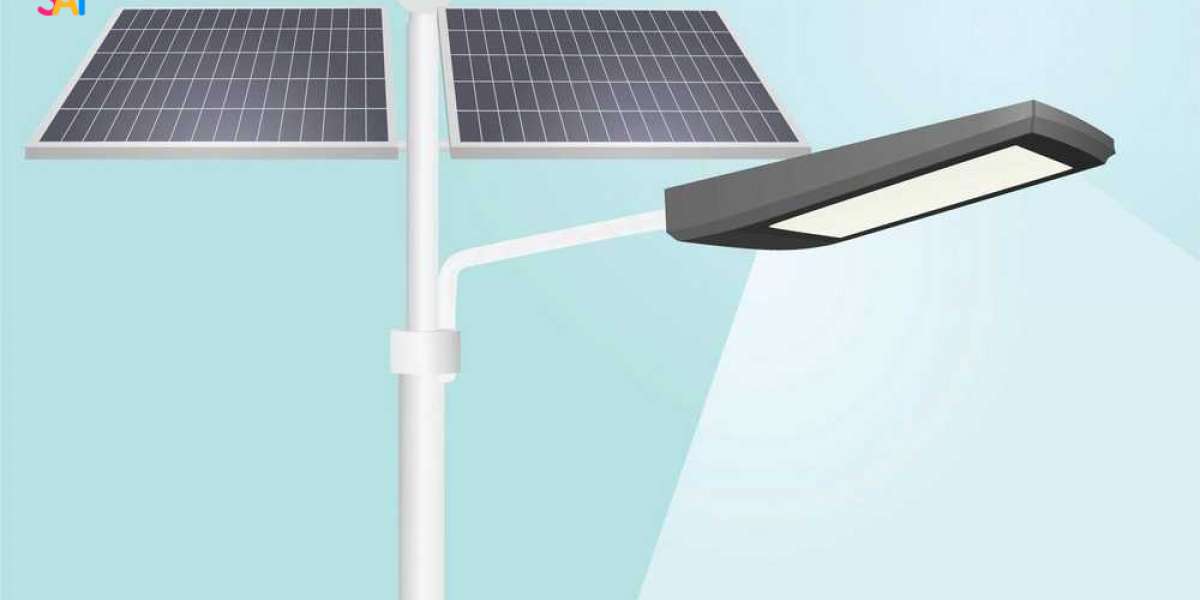Solar garden lights harness sunlight during the day and convert it into electricity to power an LED light after dark. The key components of a solar light include a photovoltaic cell (solar cell), which converts sunlight into electricity, a battery to store this energy, and a photoresistor to control when the light turns on and off.

Tips to Make Your Solar Garden Lights Brighter
1. Invest in Quality Lights
When it comes to solar garden lights, quality matters. Choose lights from reputable manufacturers that offer well-sealed units and use materials such as tempered glass for the solar cell cover. Investing in higher-quality lights ensures better performance and longevity.
Read more: How To Fix A Solar Light Sensor
2. Optimal Placement
To maximize the efficiency of your solar garden lights, place them in a location that receives direct sunlight. Clear any obstructions, such as trees or buildings, that might cast shadows on the lights. Positioning your lights on the southern side in the northern hemisphere will optimize their exposure to sunlight.
3. Keep the Solar Panel Clean
Regularly clean the surface of the solar panel to allow maximum sunlight absorption. Use a soft sponge and a mild detergent to remove dirt and stains. Avoid using strong cleaning chemicals that may damage the surface.
4. Replace Cloudy Solar Cell Covers
If your solar light has a plastic cover over the solar cell and it becomes cloudy over time, replace it with a new one. A cloudy cover reduces the amount of energy generated, resulting in lower brightness.
5. Clean the Light Casing
A dirty or stained glass or plastic casing can hinder the amount of light emitted by the LED bulb. Clean the casing using a sponge and mild detergent to enhance the overall brightness of your solar garden lights.
Read more: Justin Lebron
6. Check the LED Light
Although LED lights have long lifespans, they may eventually wear out. If a light goes out, it’s likely time to replace the LED bulb. For sealed units, unfortunately, the entire light needs to be replaced.
7. Check the Battery and Terminals
Damaged or soiled batteries can also cause a decrease in brightness. Regularly check the batteries for corrosion and clean them using a vinegar-soaked cloth if necessary. If cleaning doesn’t improve the brightness, consider replacing the rechargeable batteries.

Frequently Asked Questions
Q: How do solar garden lights work?
A: Solar garden lights convert sunlight into electricity using a photovoltaic cell, store this energy in a battery, and power an LED light after dark.
Q: What is the optimal placement for solar garden lights?
A: Place your solar garden lights in a location that receives direct sunlight, minimizing obstructions that may cast shadows on the lights. For maximum exposure, position lights on the southern side in the northern hemisphere.
Follow us to discover solar lights
Q: How often should I clean the solar panel?
A: Regularly inspect the solar panel and clean it as needed. Rainfall typically helps clean the surface, but manual cleaning may be required for better results.
Q: Can I replace a cloudy solar cell cover?
A: If the solar cell cover is replaceable, you can remove the cloudy cover and replace it with a new one to improve energy generation and brightness.
Q: What should I do if the LED light stops working?
A: If an LED light stops working, it may be time to replace the bulb. For sealed units, the entire light will need to be replaced.
Remember, regular maintenance and cleaning will ensure that your solar garden lights continue to shine brightly. With these tips, you can enjoy the ambiance and beauty they bring to your outdoor space for years to come.




